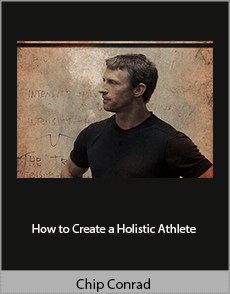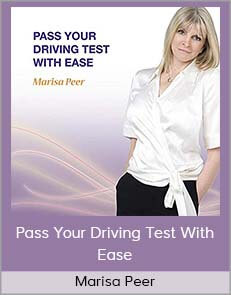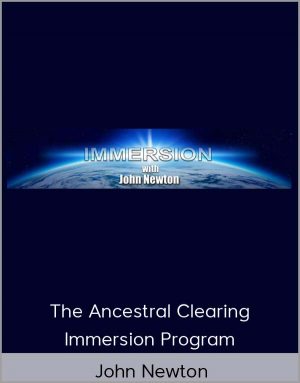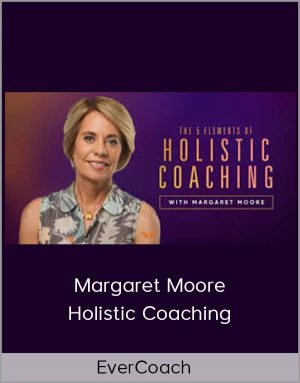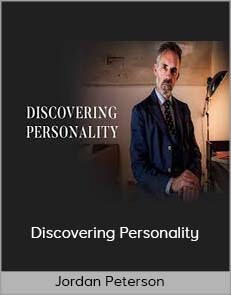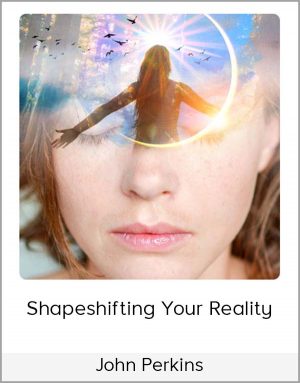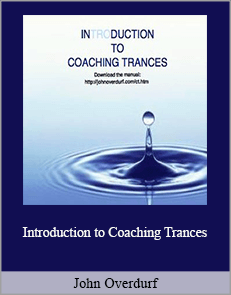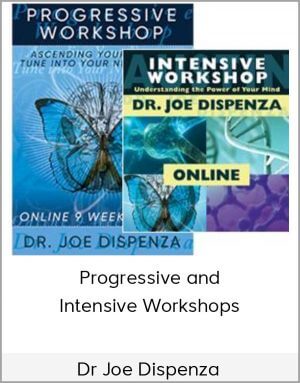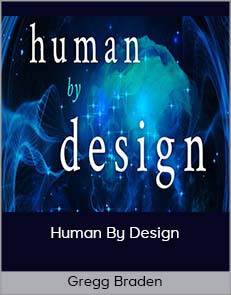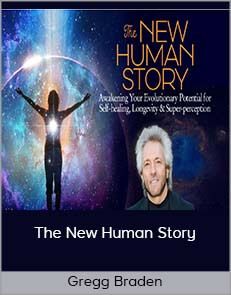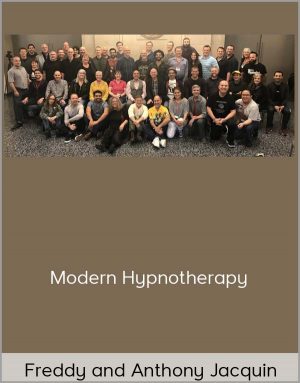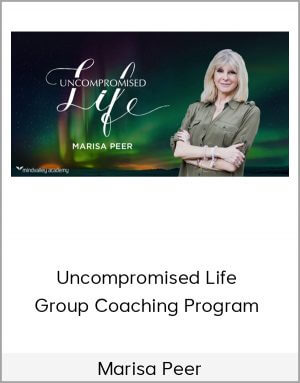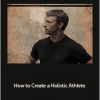Chip Conrad – How to Create a Holistic Athlete
$25.00$99.00 (-75%)
The first thing you should do when somebody wants to become a member or client—they often won’t know how to do this for themselves.
SalePage
Chip Conrad – How to Create a Holistic Athlete
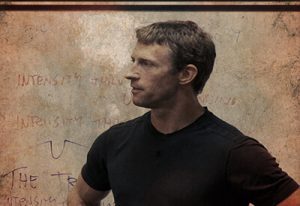
Check it out: Chip Conrad – How to Create a Holistic Athlete
Description:
In this disc, Chip Conrad focuses most of his time discussing the ‘why’ of training. His talk about goal-setting and finding the motivation for training will help you rethink and reshape your athletic journey and give you renewed energy inside and outside the gym. This material will also help trainers in guiding their clients as well.
Here’s what Chip covers (including transcript page references)—
- The first thing you should do when somebody wants to become a member or client—they often won’t know how to do this for themselves. pg.2
- Why fitness shouldn’t be treated like a service industry, and how we should view it instead. pg.2
- How the pursuit of strength, fitness and movement relates to the concept of ‘tribe.’ pg.3-4
- Where do goals fit? The seven levels of goal-setting. pg.4
- The type of goals most people set when they first walk into a gym. pg.4
- One of the best physical goals you can set. pg.5
- The basic model clients start with at Chip’s gym, Bodytribe: what they focus on, and what they learn. pg.7-8
- Why it’s so important to have ‘zombie arms’ when doing the pushup. pg.8
- How Chip likes to break down exercises and movements. pg.8
- How to keep your shoulders in position using the ‘squish the troll’ cue. pg.9
- The two opposing movements you need to do on a pushup. pg.9
- What your body should look like when you’re about to do a pushup. pg.9
- A demonstration of proper spine position on the pushup. pg.10
- The difference between ‘belly up’ and ‘booty up’ on the pushup—and which to use to cue your clients. pg.10
- How to activate the lats in the pushup. pg.11
- How far down you should tell your clients to go in the pushup. pg.12
- How to maintain proper form when coming back up on the pushup—this is the part of the movement where most people lose form. pg.12
- A simple way to incorporate ‘play’ back into a training session. pg.13
- Four laws to guide an athletic journey. pg.14
- One way to improve the mind-body connection. pg.15
- How to use movement creativity to improve the mind-body connection. pg.16
- The ten commandments of lifting: the rules to obey for an effective, sustainable life of training. pg.16
- Chip’s thoughts on Workout of the Days (WODs). pg.17
- How to approach percentage training in your clients’ programs. pg.17
- How to develop your passion: what you can learn about Hawaiian surfers. pg.18
- Where to go if you want to see and pick up a 100-year-old dumbbell. pg.19
- The last step of the journey in creating a holistic athlete: going from the physical to the metaphysical. pg.21
- Building a holistic athlete through play: the parts that made up the Greek concept of play. pg.22
- How the ancient Greeks viewed competition, and how it differs from the modern Western idea of competition. pg.22
- Pick up movements faster using a common meditation practice. pg.23
- What super-athletes know how to do that the rest of us don’t know. pg.24
- What Chip learned from being mentored by the famous Dr. Mel Siff. pg.27
- The full circle of knowing: the three components that make up mastery of knowledge and skill pg.27
- The difference between the Eastern and Western understanding of ‘enlightenment.’ pg.29
- How Chip defines fitness. pg.30
